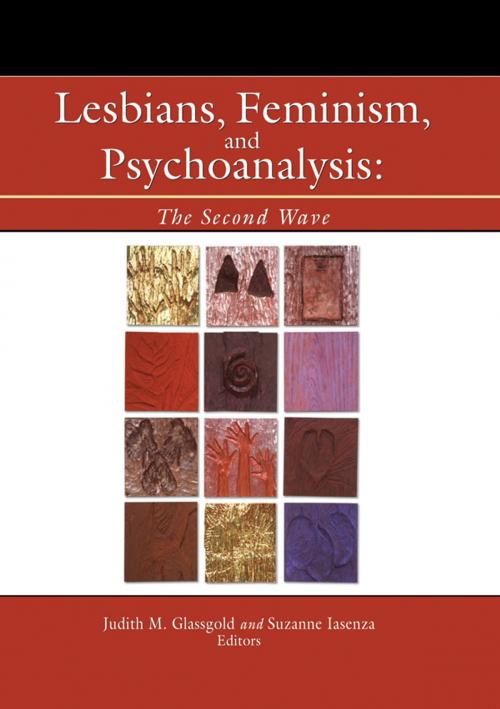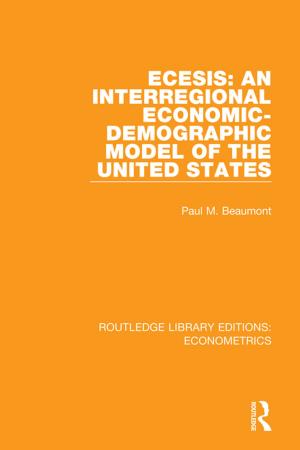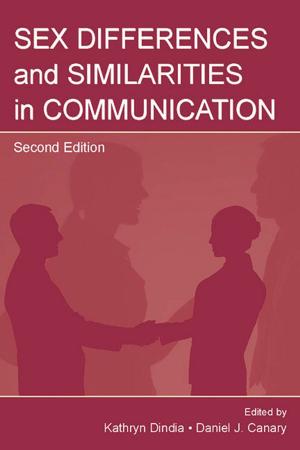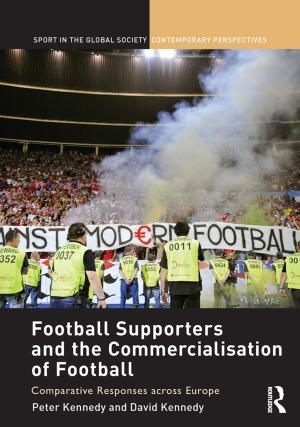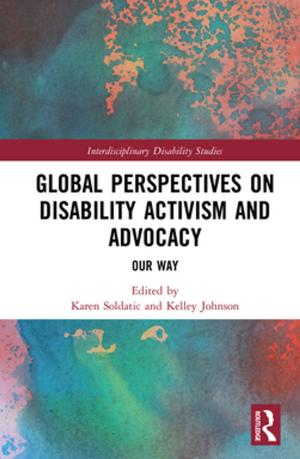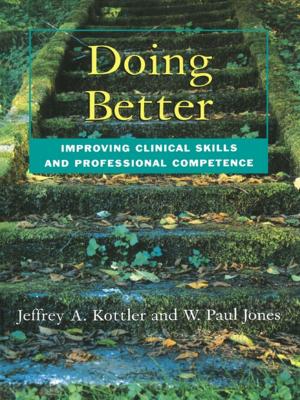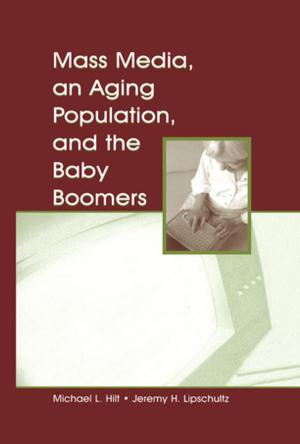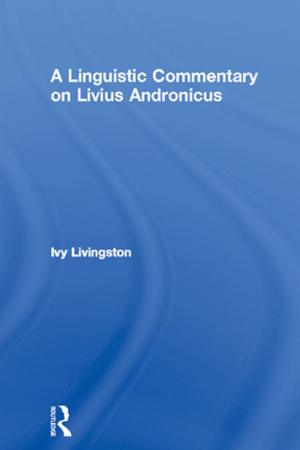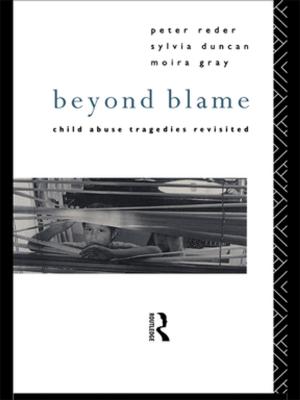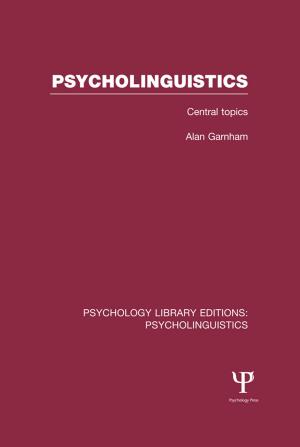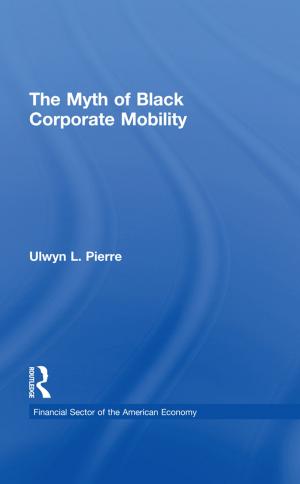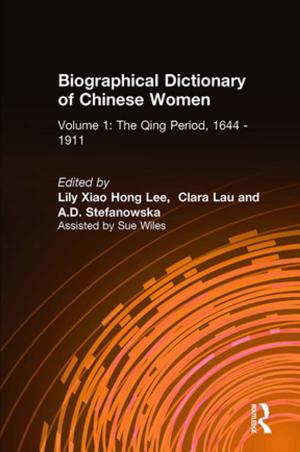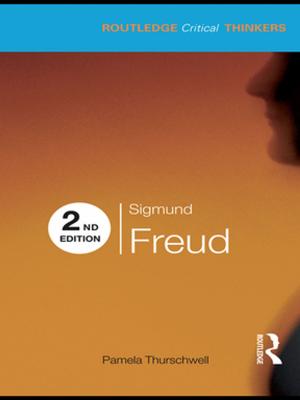Lesbians, Feminism, and Psychoanalysis
The Second Wave
Nonfiction, Social & Cultural Studies, Social Science, Gender Studies, Gay Studies, Health & Well Being, Psychology, Mental Health| Author: | Judith Glassgold, Suzanne Iasenza | ISBN: | 9781317766247 |
| Publisher: | Taylor and Francis | Publication: | January 9, 2014 |
| Imprint: | Routledge | Language: | English |
| Author: | Judith Glassgold, Suzanne Iasenza |
| ISBN: | 9781317766247 |
| Publisher: | Taylor and Francis |
| Publication: | January 9, 2014 |
| Imprint: | Routledge |
| Language: | English |
Get a feminist perspective on important changes in psychoanalysis!
Lesbians, Feminism, and Psychoanalysis: The Second Wave examines recent changes in psychoanalysis that have opened the door for new perspectives on same-sex desire. Authors from a variety of disciplines and theoretical orientations combine feminism with psychoanalytic and postmodern theories to celebrate diversity in gender and sexual experience. This collection of lesbian-affirmative writings addresses transference and countertransference, gender subjectivities, privilege and racism, therapist homophobia, and violence in lesbian relationships.
In the past decade, psychoanalysis has undergone changes in clinical theory that have led to views on human sexuality that are less focused on what is normal and therapy practices that resist attempts to fit individuals into prescribed developmental models. Lesbians, Feminism, and Psychoanalysis presents a variety of backgrounds (psychiatry, psychology, and social work), analytic training (formal institute training, study groups, supervision), and theoretical perspectives (self-psychology, object relations, relational psychoanalysis, feminist theory, queer theory, postmodernism, Lacanian theory) unified by the healing power of psychoanalytically informed theory and practice.
The book is divided into three sections-Community: Personal and Political, Ongoing Clinical Issues, and New Thinking on Sexuality and Gender, addressing lesbian tomboy development, the queering of relational psychoanalysis, how attachment theory and intersubjectivity can contribute to newer gender theory, and including:
- interviews with lesbian psychoanalytic foremothers Joanne Spina, Lee Crespi, and Judy Levitz
- Dr. Darla Bjork’s account of her journey to becoming an openly lesbian therapist
- contrasting views on transference and countertransference from gay and lesbian therapists
- and much more!
Lesbians, Feminism, and Psychoanalysis: The Second Wave is an essential practical resource for clinicians and a vital classroom tool for academics working in psychology, social work, psychoanalysis, gender and women’s studies, queer studies, and lesbian and gay studies.
Get a feminist perspective on important changes in psychoanalysis!
Lesbians, Feminism, and Psychoanalysis: The Second Wave examines recent changes in psychoanalysis that have opened the door for new perspectives on same-sex desire. Authors from a variety of disciplines and theoretical orientations combine feminism with psychoanalytic and postmodern theories to celebrate diversity in gender and sexual experience. This collection of lesbian-affirmative writings addresses transference and countertransference, gender subjectivities, privilege and racism, therapist homophobia, and violence in lesbian relationships.
In the past decade, psychoanalysis has undergone changes in clinical theory that have led to views on human sexuality that are less focused on what is normal and therapy practices that resist attempts to fit individuals into prescribed developmental models. Lesbians, Feminism, and Psychoanalysis presents a variety of backgrounds (psychiatry, psychology, and social work), analytic training (formal institute training, study groups, supervision), and theoretical perspectives (self-psychology, object relations, relational psychoanalysis, feminist theory, queer theory, postmodernism, Lacanian theory) unified by the healing power of psychoanalytically informed theory and practice.
The book is divided into three sections-Community: Personal and Political, Ongoing Clinical Issues, and New Thinking on Sexuality and Gender, addressing lesbian tomboy development, the queering of relational psychoanalysis, how attachment theory and intersubjectivity can contribute to newer gender theory, and including:
- interviews with lesbian psychoanalytic foremothers Joanne Spina, Lee Crespi, and Judy Levitz
- Dr. Darla Bjork’s account of her journey to becoming an openly lesbian therapist
- contrasting views on transference and countertransference from gay and lesbian therapists
- and much more!
Lesbians, Feminism, and Psychoanalysis: The Second Wave is an essential practical resource for clinicians and a vital classroom tool for academics working in psychology, social work, psychoanalysis, gender and women’s studies, queer studies, and lesbian and gay studies.
